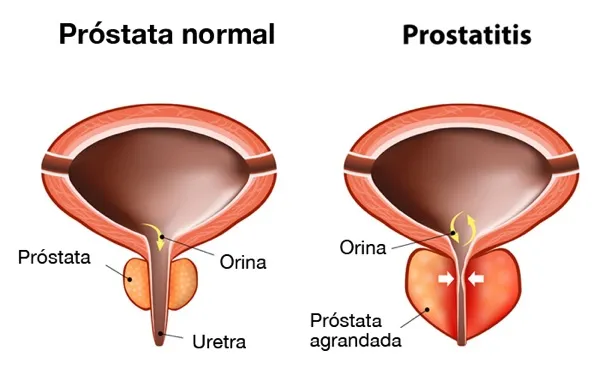
No man wants to talk about pelvic pain, urinary issues, or low libido. But when these symptoms start interfering with your daily life, ignoring them is no longer an option. For many men, prostatitis is the first real warning sign that their body needs attention — and care.
What It Really Feels Like
If you’re reading this, chances are you’re already familiar with the discomfort: the dull ache between your legs, the frequent trips to the bathroom, the interrupted sleep, the frustration in the bedroom. It’s not just physical — it gets into your head. You start worrying something’s really wrong. You start avoiding intimacy. You stop feeling like yourself.
That’s the hidden burden of prostatitis — it chips away at your confidence.
Causes Aren’t Always Clear
Unlike some conditions that have a straightforward cause, prostatitis is often murky. Sometimes it’s triggered by a bacterial infection. Other times, there’s no infection at all — just chronic inflammation or muscle tension in the pelvic floor.
Factors that may play a role include:
Previous urinary tract infections
Stress and anxiety
Sitting for long periods
Autoimmune reactions
Nerve damage in the pelvic area
How to Take Back Control
The good news is, many men do find relief — even after years of symptoms. It usually requires a combination of approaches, not just a pill.
1. Don’t Delay Diagnosis
Early intervention can make a big difference. Don’t wait for the pain to become constant. Talk to a urologist who understands the full spectrum of prostatitis — including non-bacterial and chronic pelvic pain syndromes.
2. Support Your Body Naturally
Drink more water and less caffeine
Use a heating pad on your lower abdomen for comfort
Avoid cycling or long drives during flare-ups
Try natural anti-inflammatories like turmeric and zinc
3. Sex and Intimacy
Sex might be painful or less enjoyable during a flare-up, but open communication with your partner can help reduce anxiety. Some men find that regular ejaculation helps relieve pressure in the prostate — others need to rest. Listen to your body.
4. Mind-Body Connection
Chronic pain changes the brain over time. That’s why therapies like cognitive behavioral therapy (CBT), yoga, or even acupuncture may reduce symptoms in ways traditional medicine can’t explain.
Final Thoughts
Prostatitis isn’t just “in your head” — but the way you think about it does matter. Accepting the condition doesn’t mean giving up. It means treating your body like it deserves care, not punishment. Every man deserves to feel strong, capable, and pain-free. And that starts with speaking up — and showing up — for your health.
